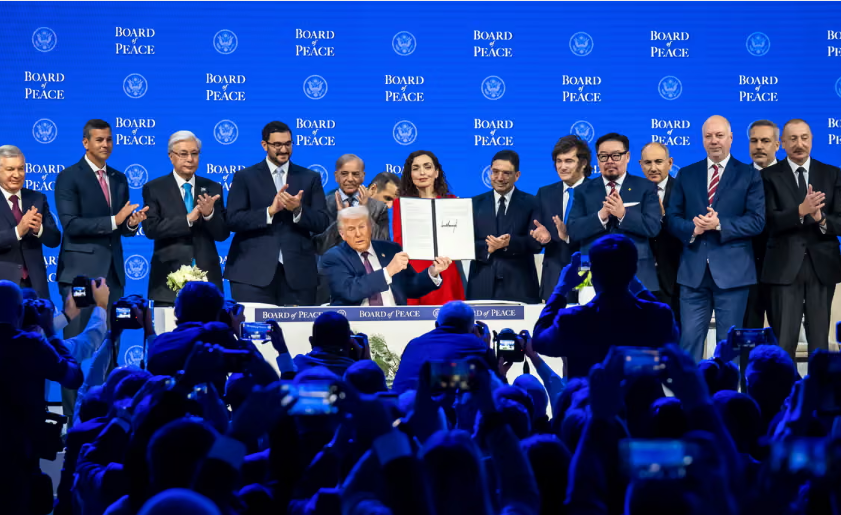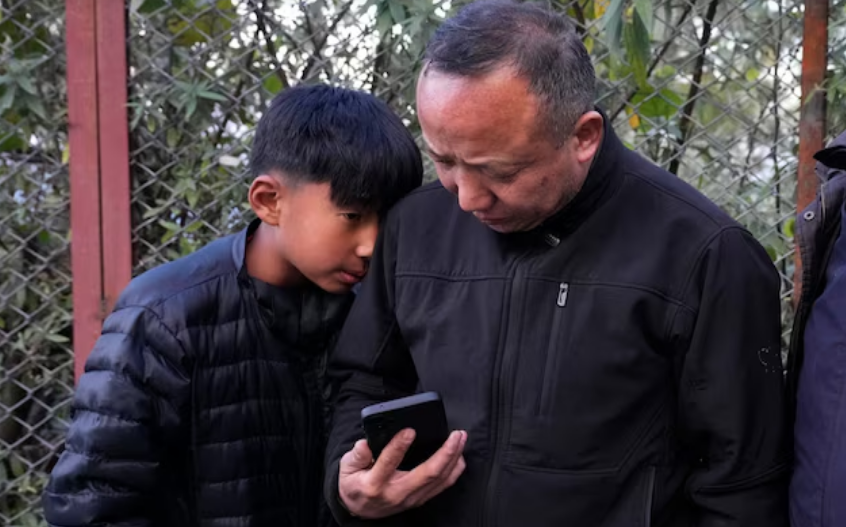Tibet’s culture is being eradicated by China by taking youngsters from their families.
Chinese officials say the schools help Tibetan children to quickly become fluent in the Chinese language and learn skills that will prepare them for the modern economy
Tibetan rights activists, as well as experts working for the United Nations, have said that China is systematically separating Tibetan children from their families to erase Tibetan identity and to deepen its control of people who historically resisted Beijing’s rule. They have estimated that around three-quarters of Tibetan students age 6 and older – and others even younger – are in residential schools that teach largely in Mandarin, replacing the Tibetan language, culture and Buddhist beliefs that the children once absorbed at home and in village schools.
When China’s top leader, Xi Jinping, visited one such school in the summer, he inspected a dormitory that appeared freshly painted and as neat as an army barracks. He walked into a classroom where Tibetan students, listening to a lecture on Communist Party thought, stood and applauded to welcome him.
Xi’s visit to the school in Qinghai Province in June amounted to a firm endorsement of the program, despite international criticism. Education, he said, must “implant a shared consciousness of Chinese nationhood in the souls of children from an early age.”
Chinese officials say the schools help Tibetan children to quickly become fluent in the Chinese language and learn skills that will prepare them for the modern economy. They say that families voluntarily send their children to the schools, which are free, and that the students have classes in Tibetan culture and language.
But extensive interviews and research by The New York Times show that Tibetan children appear to be singled out by the Chinese authorities for enrollment in residential schools. Their parents often have little or no choice but to send them, experts, parents, lawyers and human rights investigators said in interviews. Many parents do not see their children for long stretches.
Dozens of research papers and reports from experts and teachers within the Chinese system have warned about the anxiety, loneliness, depression and other psychological harm of the schools on Tibetan children.
China has been expanding its boarding schools for Tibetan children even as countries like the United States, Canada and Australia have been grappling with the trauma inflicted on generations of Indigenous children who were forcibly removed from their families and placed in residential schools.
China has been eager to show that happy, well-fed Tibetan children are proudly declaring that they are Chinese. Gyal Lo, a Tibetan education researcher, became alarmed by the boarding schools in 2016, when he saw that his two preschool-aged grandnieces, who were attending one in his hometown in northwestern China, preferred to speak Mandarin, not Tibetan.
Children as young as preschool age were being sent away, he said, and parental visits were limited. The Times talked to three Tibetan parents with children of elementary-school age in residential schools who said that they were not allowed to visit their children at will.
Physical punishment is outlawed in Chinese schools, but studies by Chinese academics have found that the practice persists in Tibetan boarding schools. A 2020 study by Chinese researchers on boarding schools for children from ethnic minorities said that some teachers “lacked concern for the students,” treated them roughly and were “even resorting to physical punishment.”
Local legislators and researchers in Tibetan areas have reported that the already overcrowded schools face serious shortages of teachers and support staff.
The Chinese government does not say how many Tibetan children are in boarding schools. The Tibet Action Institute, an international group that has campaigned to close the schools, estimates that among children aged 6 to 18, the figure is at least 800,000 – or three in every four Tibetan children.













